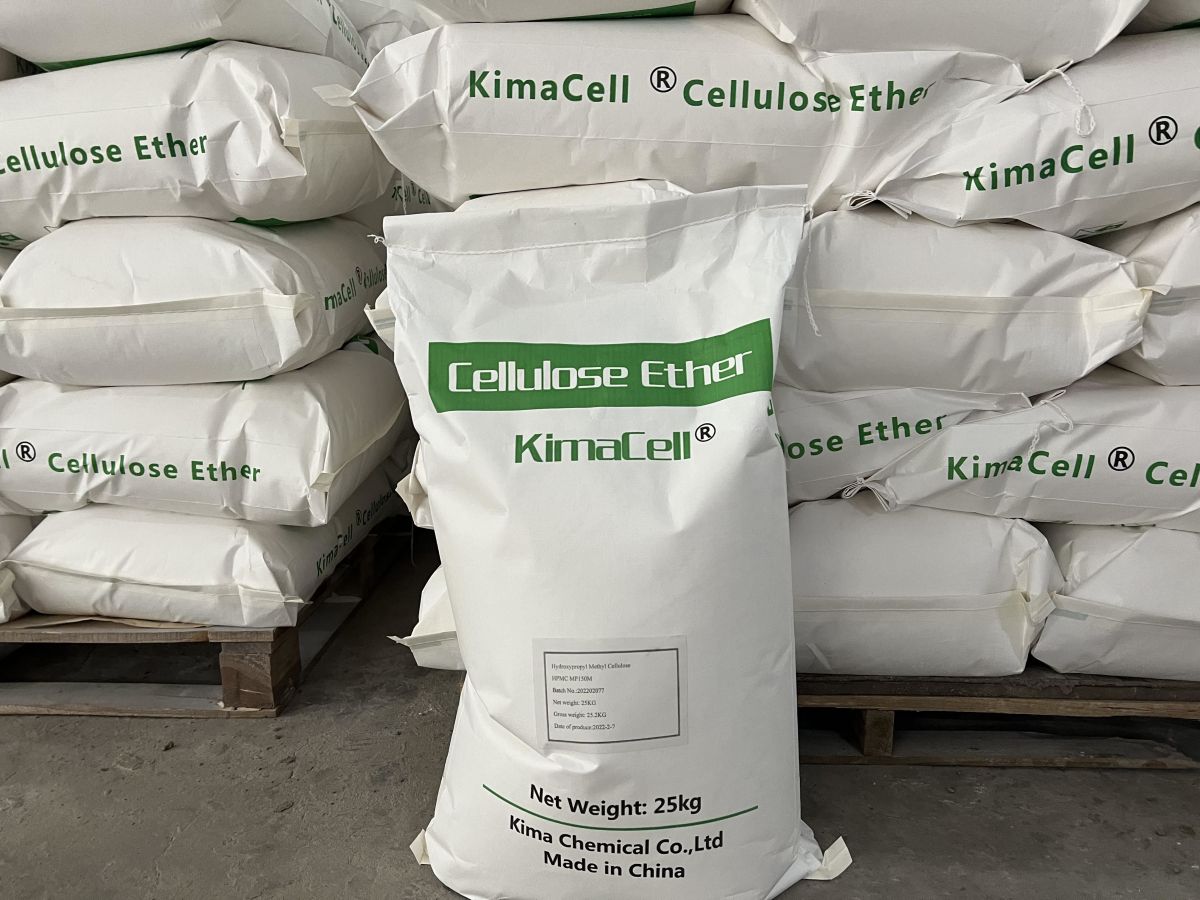What is HPMC in Detergents?
What is HPMC in Detergents?
1. Washing thickener
Detergent HPMC is also known as daily chemical grade hydroxypropyl methylcellulose. Its applications include detergents, soaps, shampoos, body washes, facial cleansers, toothpaste, lotions, etc.
Hydroxypropyl methylcellulose is used as a thickener for detergents and is a commonly used additive. The thickening effect of HPMC in detergent can increase the viscosity of detergent and increase the stability of bubbles. Bring users a comfortable experience. As a detergent thickener, it has the following advantages:
1. Cold and heat resistant. The viscosity of detergent does not change with temperature.
2. Electrolyte resistance. At what pH does HPMC dissolve? It is stable in the pH range of 3-11
3. Improve the fluidity of the system. HPMC has a smoother cleansing effect and improves skin texture.
2. Detergent anti-redeposition agent
HPMC used in detergent is not only a detergent thickener, but also an anti-sedimentation agent. The decontamination effect of detergent is through the penetration between detergent and dirt. So dirt (oily substances and solid dirt) comes off. It is then emulsified and dispersed in solution. HPMC has a lot of negative charges, which can adsorb and remove dirt. Increased electrostatic repulsion. So the dirt washed down can be dispersed and suspended in the water. It prevents dirt from settling again.
But the quality of a detergent does not depend on viscosity, but on active ingredients. The active ingredient is derived from detergent surfactants. Surfactants and builders are the two main chemical components of detergents. The role of the additive is to make the surfactant work. Reduce the amount of surfactant and improve the washing effect.
Many detergent manufacturers pay more attention to its clarity and speed of dissolution. Transparency needs to be at least 95%. Such transparency standards do not affect the appearance of the detergent. It is more popular with consumers.
